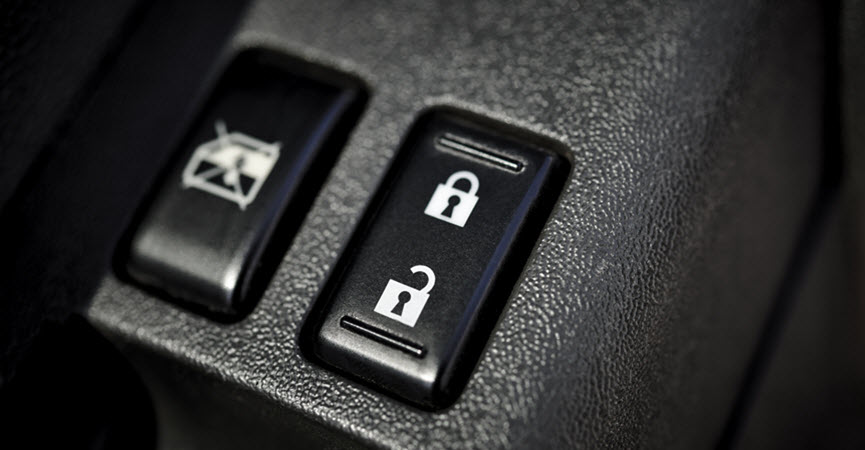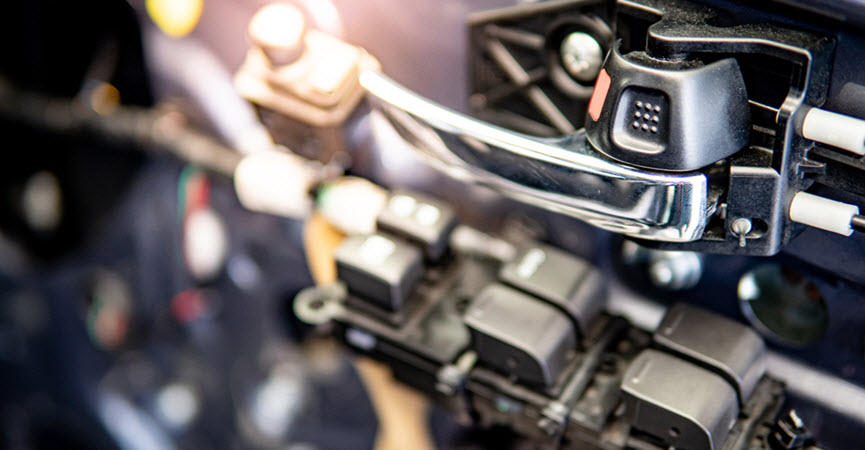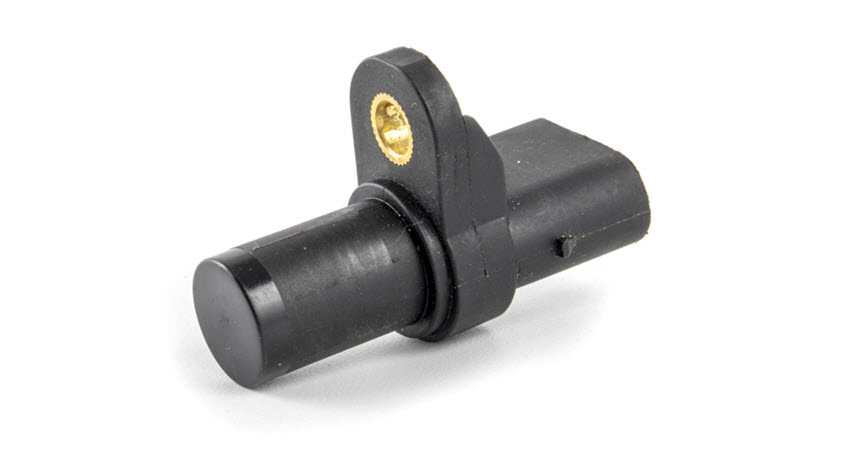
by Chris Limantour | Jul 25, 2023 | BMW Repair
Have you ever been in a situation where you could not lock your doors or struggled to unlock them when you needed to access your BMW? If you answered yes, then you’re in the right place. Door lock failure in BMW can be a very frustrating issue and even pose a risk to your belongings and personal safety.
Here are the most common causes and symptoms of BMW door lock failure and get useful insights on how to tackle the problem:
Worn Door Lock Actuator
The door lock actuator plays a crucial role in the mechanical operation of locking and unlocking the doors. With frequent use over time, the door lock actuator can become worn or fail. This can result in difficulty or an inability to lock or unlock the doors using the key fob or the interior door switch.
Electrical Malfunctions
BMW vehicles are equipped with advanced electrical systems that control various functions, including door locks. Electrical malfunctions can arise due to several factors, such as faulty wiring, blown fuses, or a malfunctioning control module. These issues can disrupt the proper functioning of the door locks and make it fail. For example, a damaged wire connection can interrupt the flow of electrical signals required to engage the door lock mechanism.
Key Fob Battery Issues
Door lock failure can sometimes be attributed to a weak or depleted battery in the key fob. The key fob sends signals to the car’s central locking system to lock or unlock the doors remotely. When the battery’s power is low, the key fob may not transmit signals effectively, leading to a communication failure with the car’s central locking system. As a result, the doors may not lock or unlock as intended, causing inconvenience and potential security concerns.
Understanding these causes of BMW door lock failure is essential for diagnosing and addressing the issue promptly. If you encounter difficulties with your door locks, it is recommended to consult with a professional technician who specializes in BMW repairs.
How to Identify Door Lock Failure
- Unresponsive Door Locks: One of the most common signs of door lock failure is unresponsive locks. You may find that the doors do not lock or unlock when you press the key fob button or use the interior switch.
- Intermittent Locking/Unlocking: Door locks can also manifest as intermittent locking or unlocking. The locks may work sporadically, making it difficult to predict when they will function properly.
- Stuck Locks: Another indication of door lock failure is when the locks become stuck or jammed. You may have difficulty turning the key in the lock cylinder or experience resistance when trying to lock or unlock the door.
Preventive Measures
- Gentle Handling: Handle the doors with care and avoid slamming them shut. Excessive force can put unnecessary strain on the door lock mechanisms and potentially lead to premature failure. Encourage passengers, especially children, to be mindful of closing the doors gently.
- Avoid Overloading: Be mindful of the weight you place on the doors, especially when parked on uneven surfaces or slopes. Overloading the doors can put excessive stress on the locking mechanisms.
- Regular Lubrication: Periodically lubricate the door lock mechanisms with a recommended lubricant. This helps maintain smooth operation and reduces friction that can contribute to lock failure.
Tackling Failed Door Lock Issue
- Verify the Issue: Confirm that it is indeed a door lock failure and not a related problem, such as a faulty key fob or a dead battery. Check if the issue persists with multiple key fobs, and try replacing the battery in your key fob if necessary.
- Check Fuses: Take your vehicle to a mechanic so they can Inspect the fuse box for any blown fuses related to the door locks. Replace any blown fuses with ones of the correct rating.
- Wiring Inspection: Your mechanic can also examine the wiring connections related to the door system. Loose or damaged wires can cause intermittent or complete failure. Ensure all connections are secure and free from corrosion.

Get Help from the Technicians at JCL Automotive
BMW door lock issues can be effectively addressed if you bring your BMW car or SUV to our workshop. At JCL Automotive, we specialize in BMW repairs and have the expertise to diagnose and resolve any issues you might be experiencing. We proudly serve drivers in Hellertown, PA and the surrounding towns and neighborhoods. Book an appointment with us now, and let us help you get back on the road with properly functioning door locks.

by Chris Limantour | Jul 8, 2023 | Mercedes Repair
An essential part of a Mercedes engine, the crankshaft position sensor keeps track of the crankshaft’s location and rotational speed. The Engine Control Unit (ECU) needs this data to precisely calculate the timing of the ignition and the fuel injection. Engine failure and other performance problems can result from a crankshaft position sensor issue.
Symptoms of a Malfunctioning Crankshaft Position Sensor
- Engine Misfires: Incorrect spark plug firing brought on by a broken crankshaft position sensor might result in engine misfires. As a result, there can be a rough idle, power loss, and poor acceleration.
- Difficulty Starting the Engine: Starting the engine can be difficult if the crankshaft position sensor is malfunctioning. Before the engine eventually turns on, you might have to crank it for a while or make several efforts.
- Abrupt Stalling and Total Shutdowns: If the crankshaft position sensor malfunctions while the engine is running, it may result in a total shutdown or abrupt stalling of the engine. Being in this situation might be risky, especially if you’re driving.
- Unpredictable Tachometer Reading: When the crankshaft position sensor is malfunctioning, the tachometer, which shows the engine’s RPM (Revolutions Per Minute), may exhibit unpredictable or fluctuating readings.
- Engine Warning Light: The check engine light on the dashboard is frequently triggered by a broken crankshaft position sensor. To find the precise error codes associated with the sensor, the diagnostic system of the car must be scanned.
Understanding the Reasons Behind a Malfunctioning Crankshaft Position Sensor
- Electrical Problems: The crankshaft position sensor sends signals to the ECU via electrical connections. Corrosion, loose or damaged wiring, or bad electrical connections can all affect how well the sensor works.
- Sensor Damage: Over time, heat exposure, oil leaks, or debris may cause the crankshaft position sensor to become damaged. Inaccurate readings or complete sensor failure may result from this.
- Sensor Alignment: The crankshaft position sensor may malfunction as a result of improper installation or misalignment during repairs or maintenance.
Precautions to Prevent Crankshaft Position Sensor Problems
- Consistent Maintenance: By following the manufacturer’s suggested maintenance schedule, you can make sure that the crankshaft position sensor and other engine parts are checked and serviced at the right times.
- Fixing Oil Leaks: The crankshaft position sensor might be harmed by oil leaks. Any oil leaks must be fixed right away in order to keep oil from getting on the sensor.
- Safeguarding Electrical Connections: Maintaining clean, safe electrical connections lowers the possibility of faulty connections or corrosion. To keep the connections’ integrity, examine and clean them frequently.
The Value of Prompt Repairs
Your Mercedes may suffer serious effects from a malfunctioning crankshaft position sensor. The consequences of ignoring the issue and delaying resolution include improper fuel injection and ignition timing brought on by a defective sensor might eventually result in engine damage. This may necessitate expensive repairs or perhaps the replacement of the engine.
A damaged sensor might interfere with the engine’s combustion process, reducing fuel efficiency. This can lead to higher gasoline usage and higher gas station costs. Also, sudden engine shutdowns or stalling while driving provide serious safety dangers. To prevent such accidents, it is crucial to make sure that the crankshaft position sensor is operating correctly.

How Our Mechanics Will Resolve Your Mercedes Problems
If you believe your crankshaft position sensor may be malfunctioning, our mechanics are the right call. With years of experience working on Mercedes automobiles, our knowledgeable experts have the skills and diagnostic equipment required to correctly identify and fix crankshaft position sensor problems. To find any issues and carry out the required fixes or replacements, we will carefully examine the sensor, its electrical connections, and related components. Our mechanics will consult with you and be totally transparent on their findings, allowing you to direct the repairs and replacements within your budget.
For a Mercedes engine to run smoothly, the crankshaft position sensor is essential. You may quickly identify and fix the problem by being aware of the warning signals of a defective sensor, comprehending the typical causes, and taking preventative steps. Not only do prompt repairs and maintenance prevent future damage, but they also guarantee excellent engine reliability and performance.
Contact our qualified mechanics at JCL Automotive in Hellertown, PA to diagnose and fix any crankshaft position sensor problems you may be experiencing in your Mercedes. This will ensure both the performance of your car and your safety while driving.




